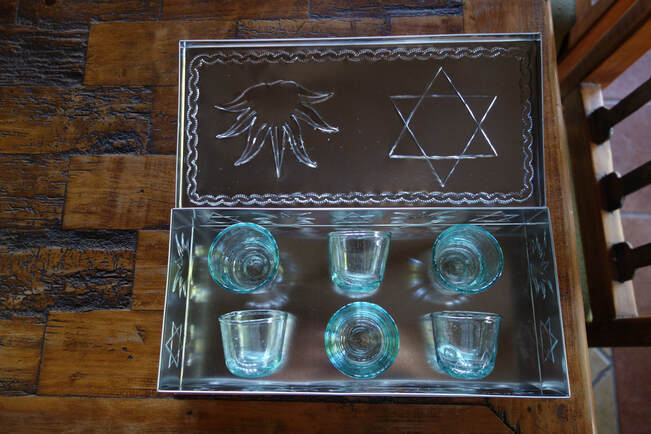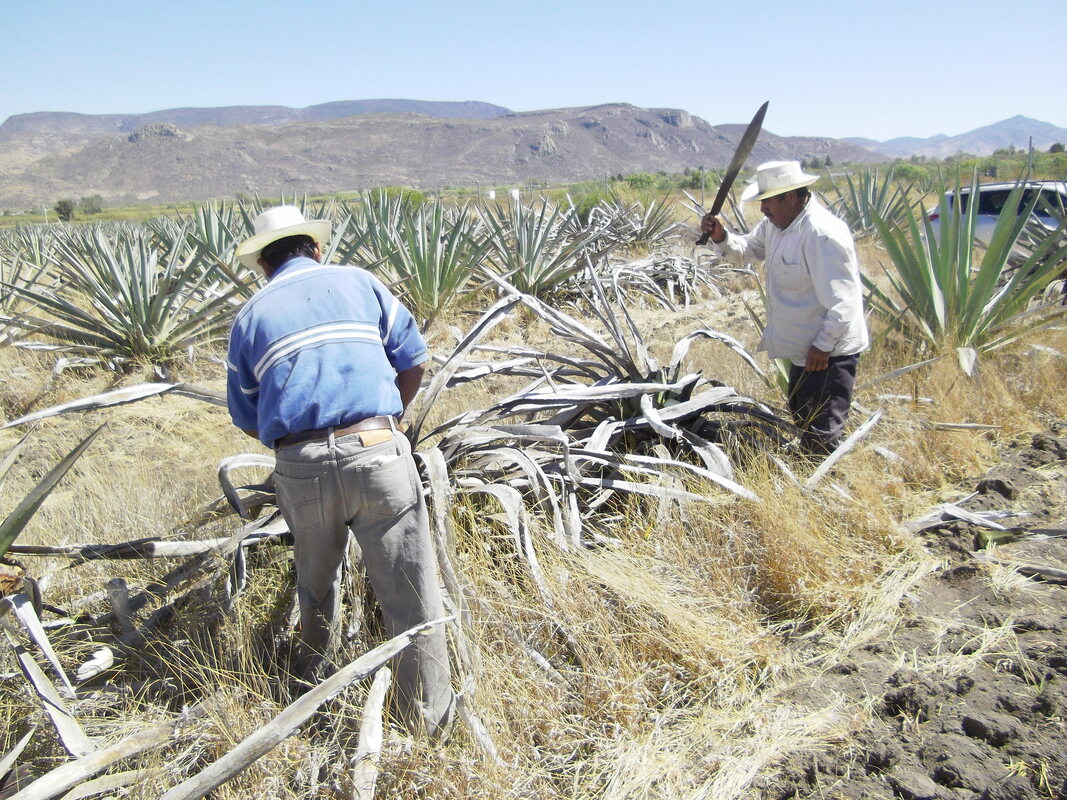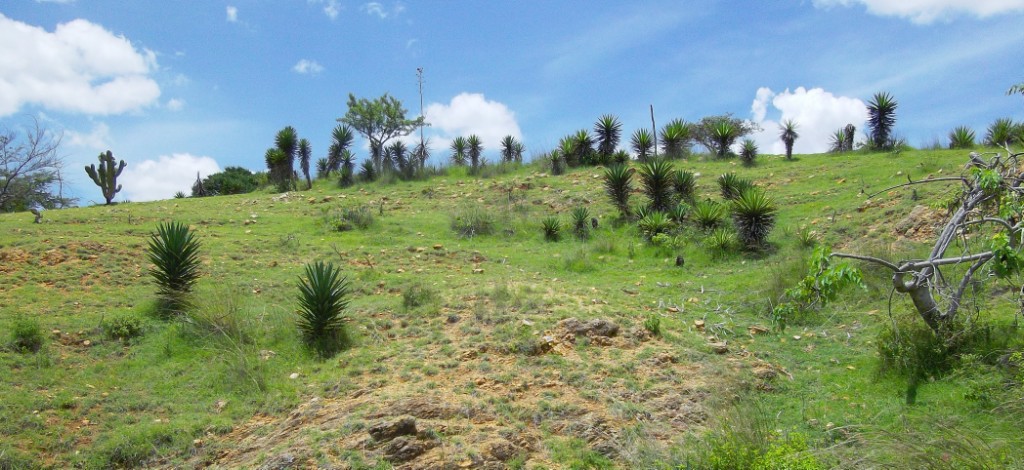Additional Blog Posts Regarding Mezcal Can Be Found Here:
If the article topics do not readily appear on the right side for clicking, simply scroll down to the bottom of this page for a list of article themes, then click on what interests you and the article should appear.




 RSS Feed
RSS Feed
